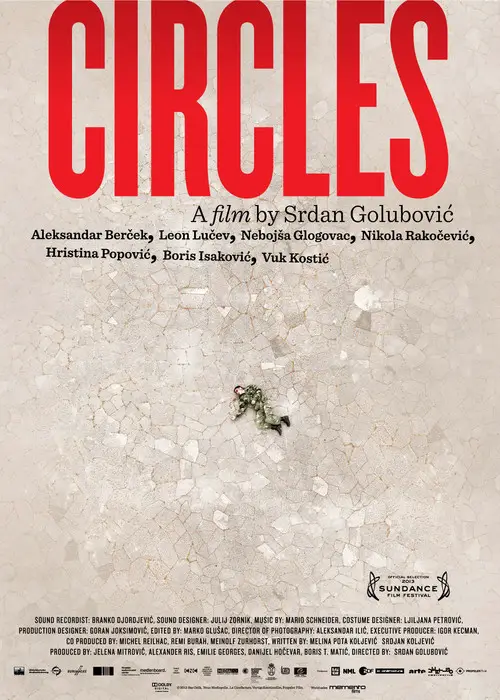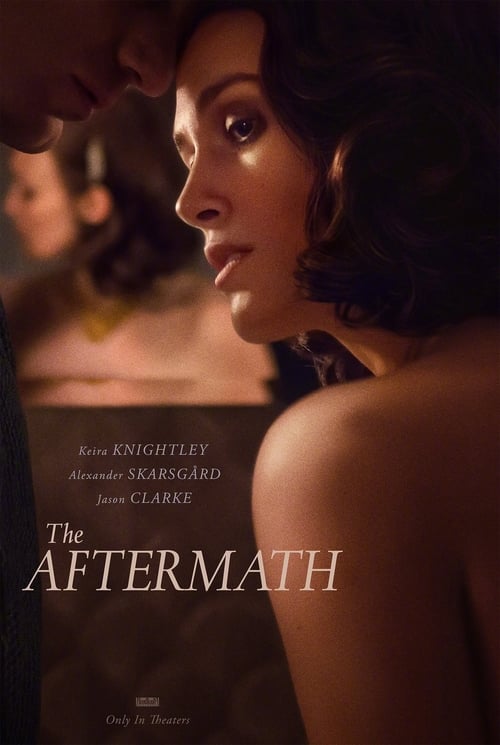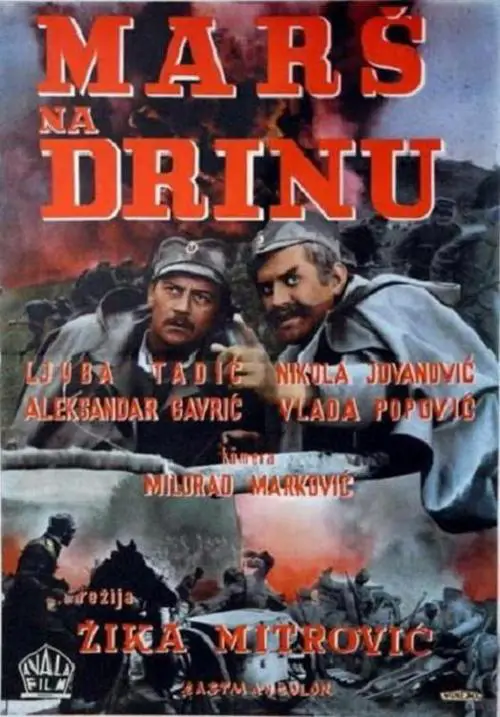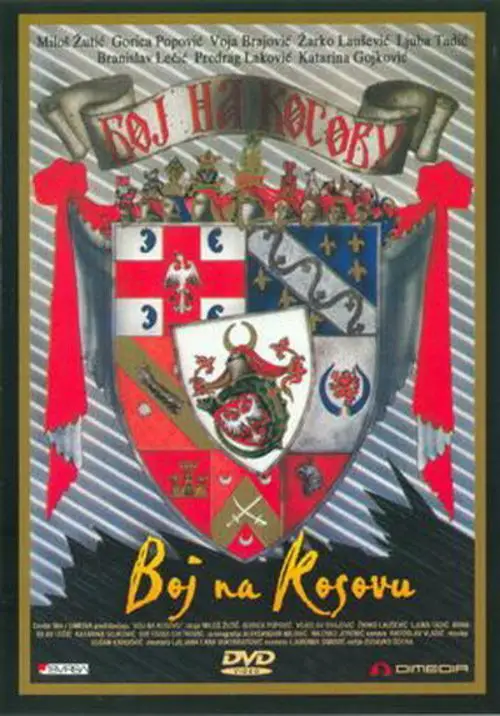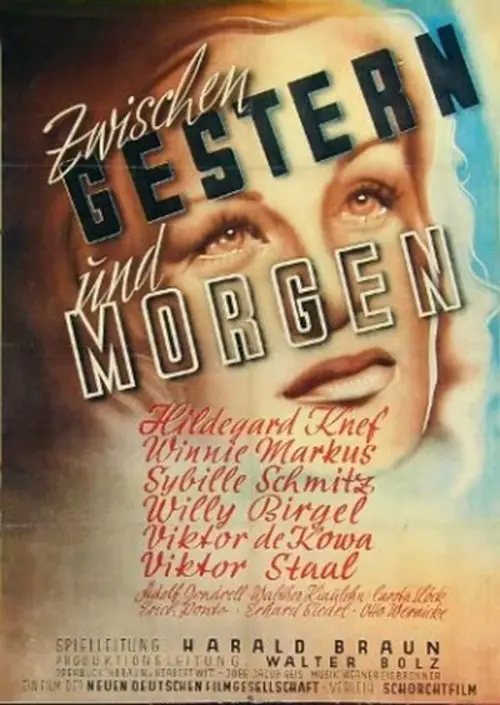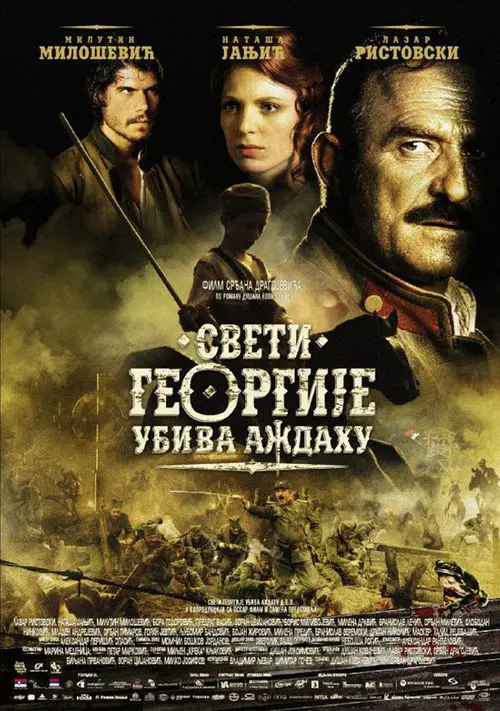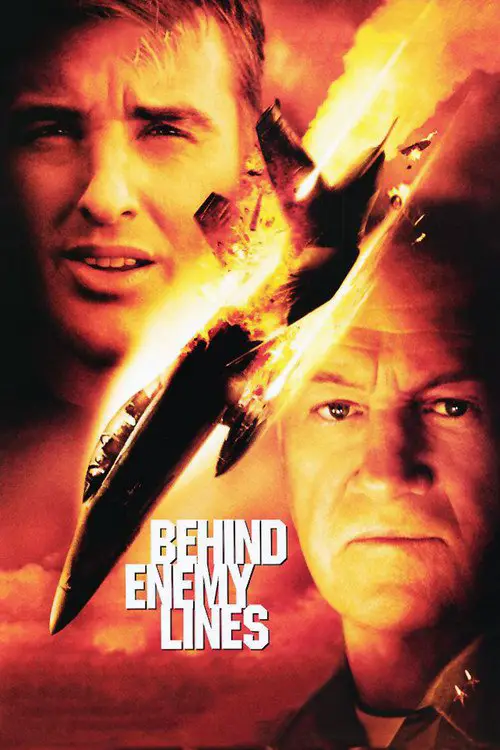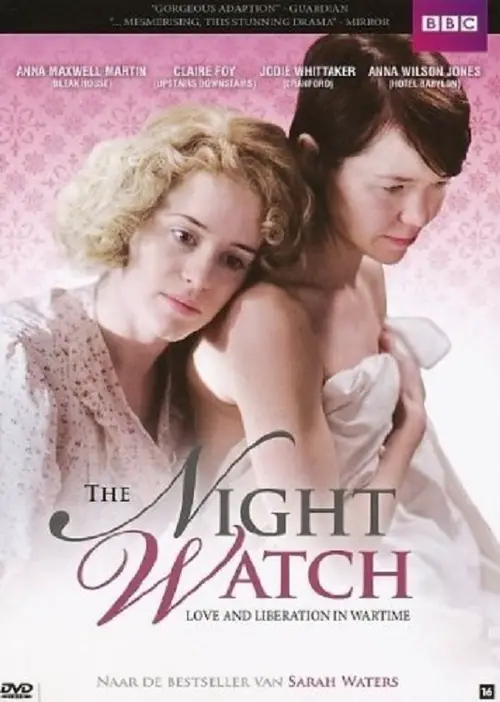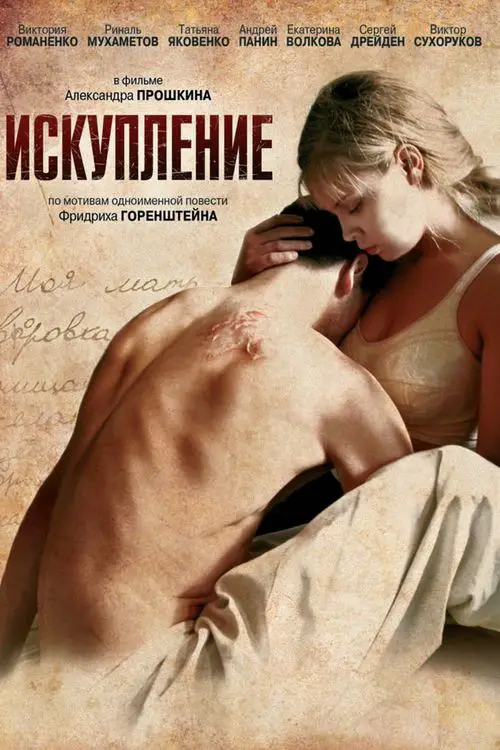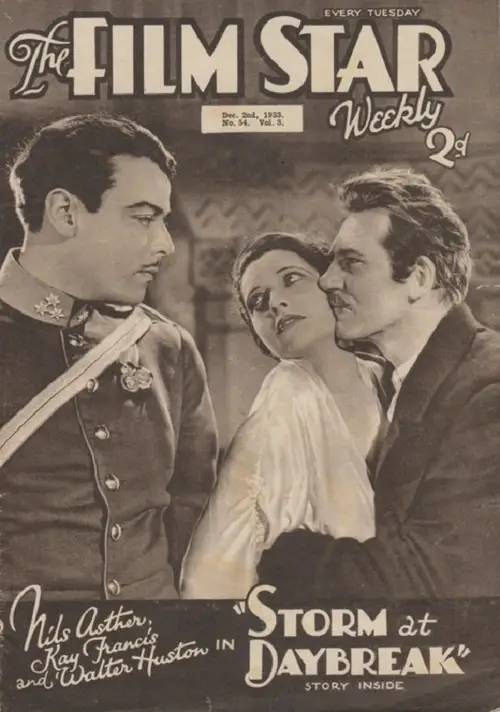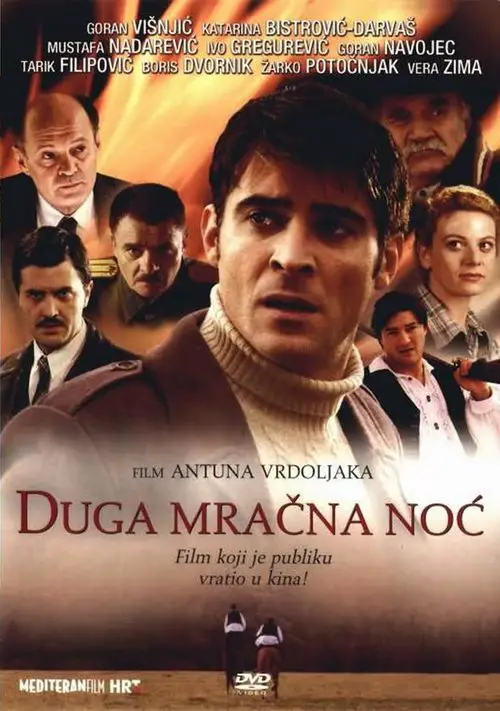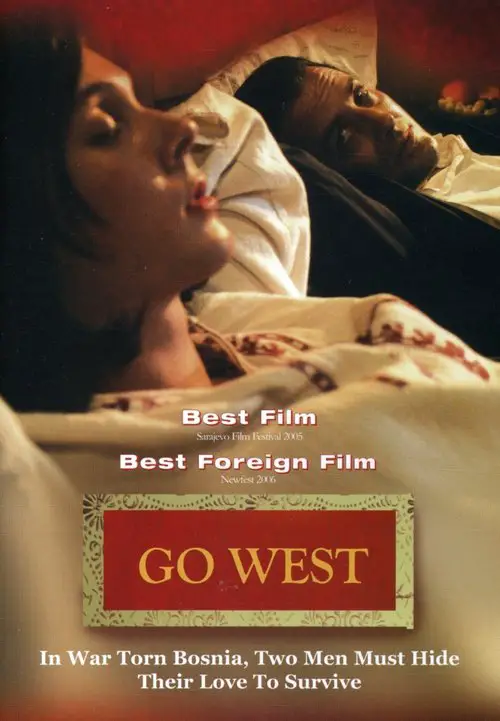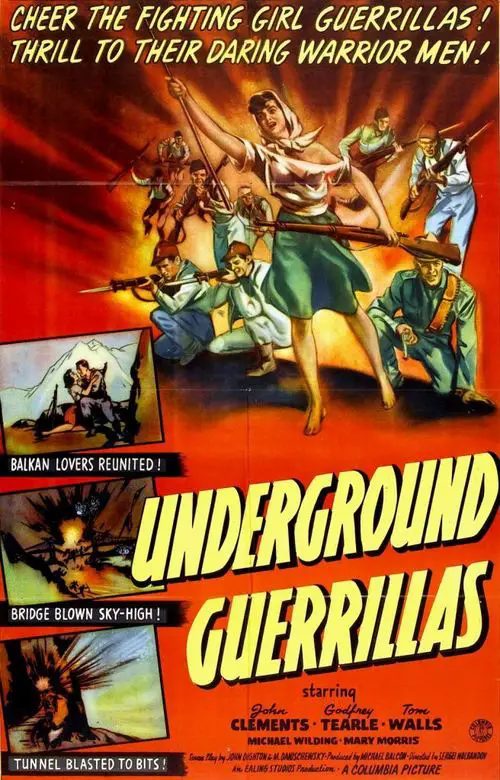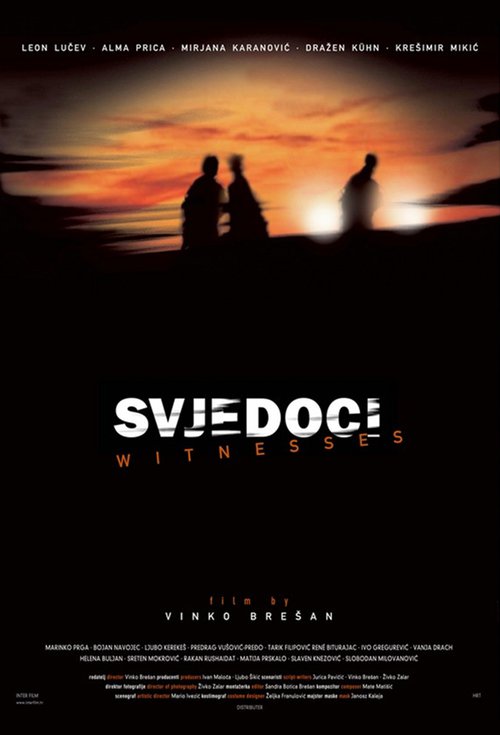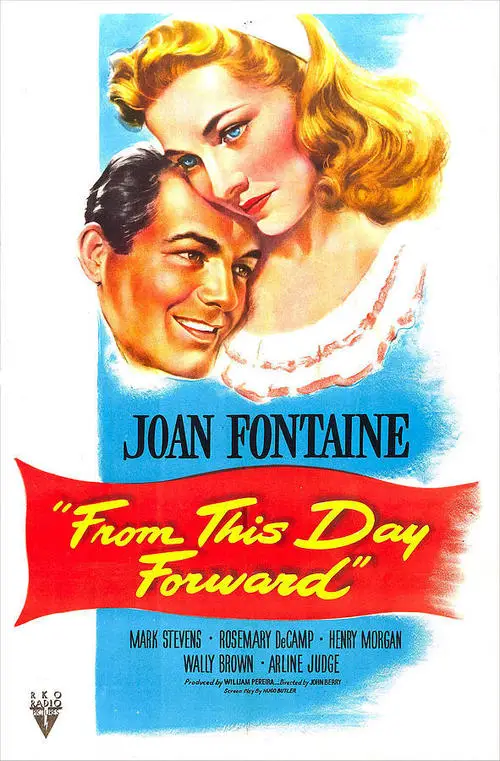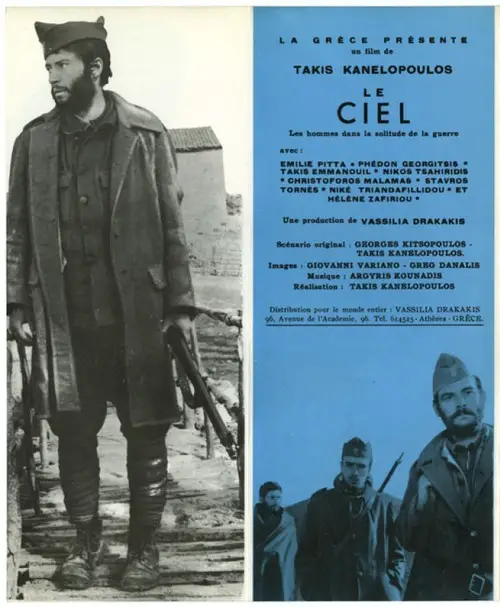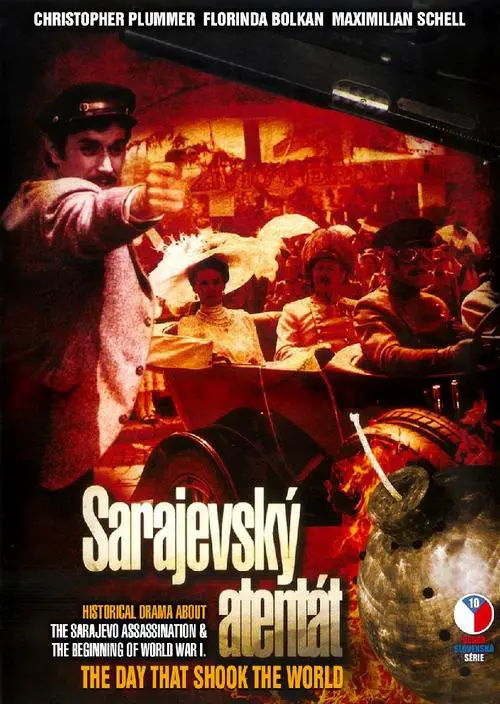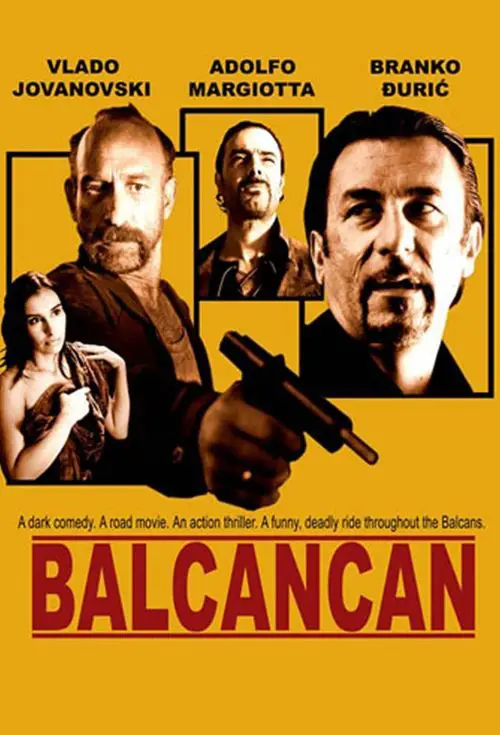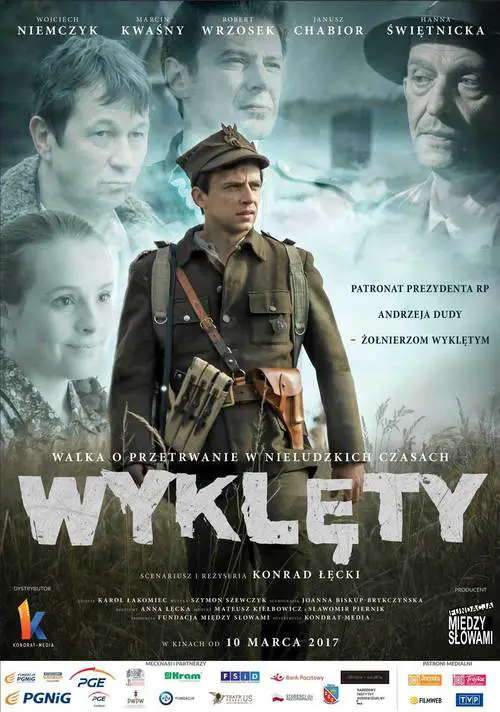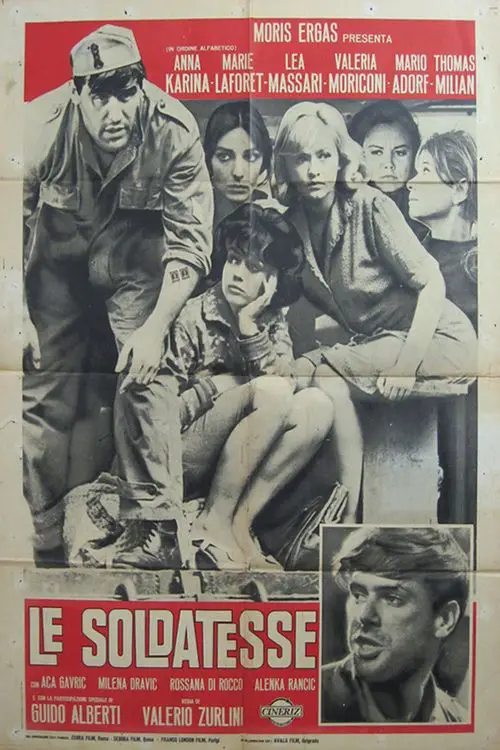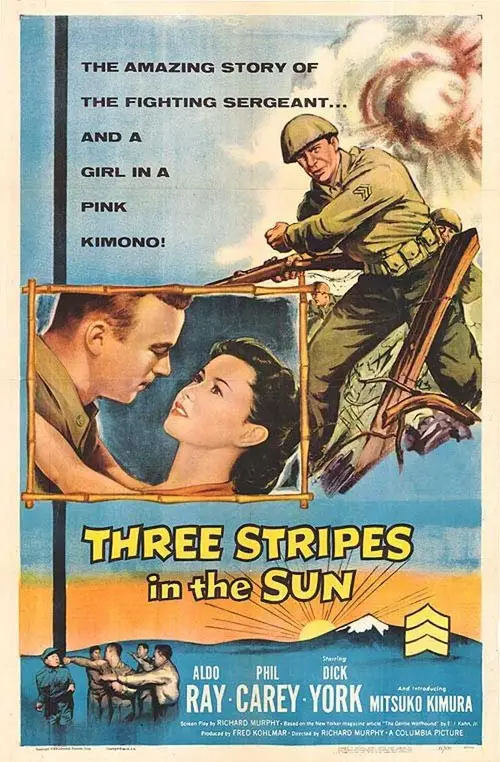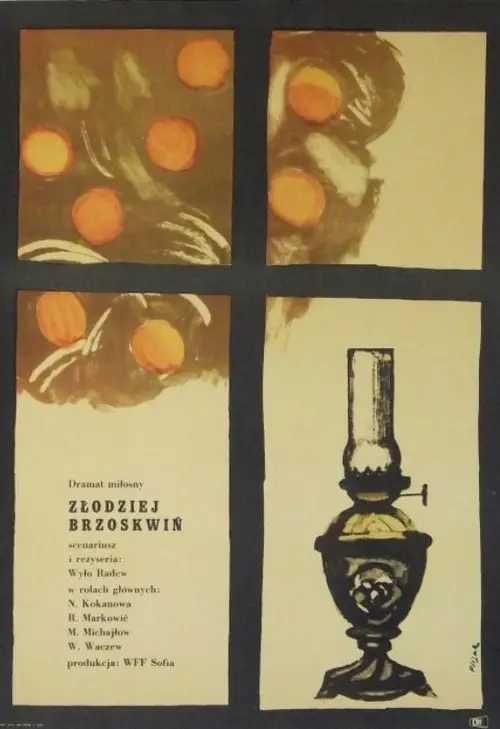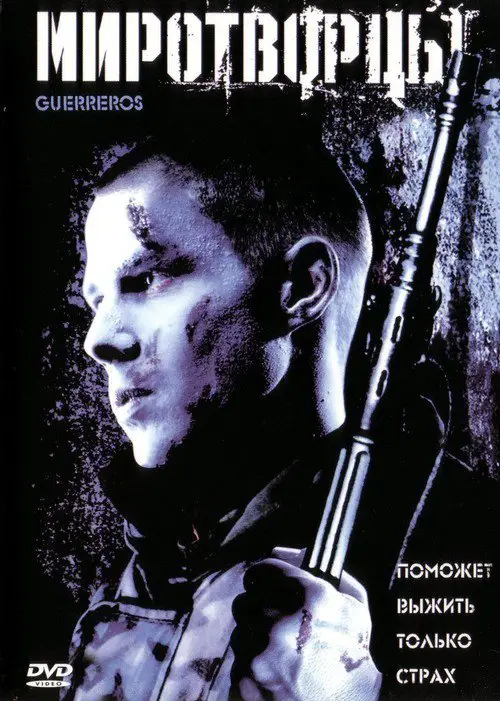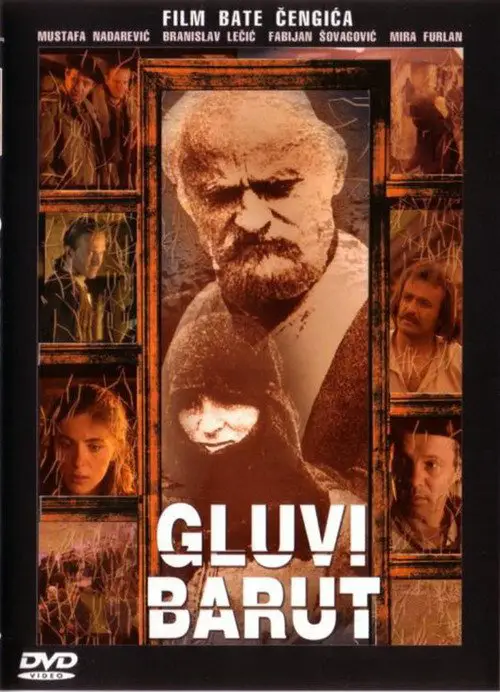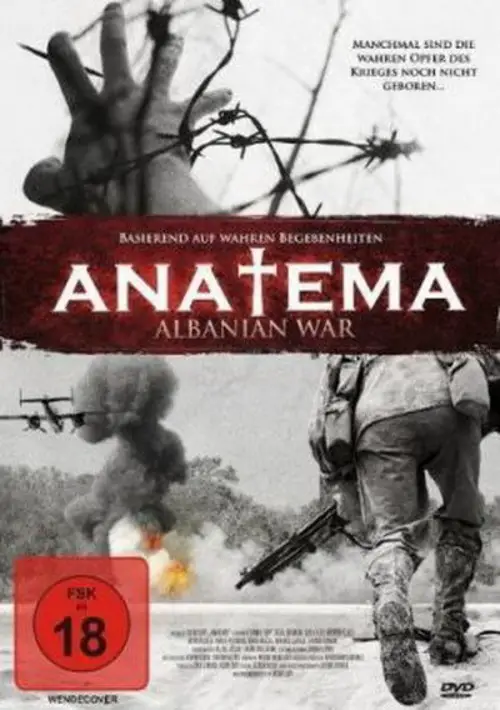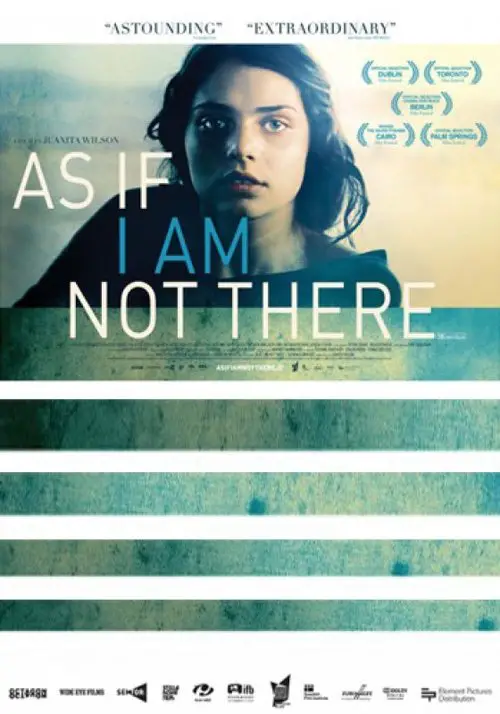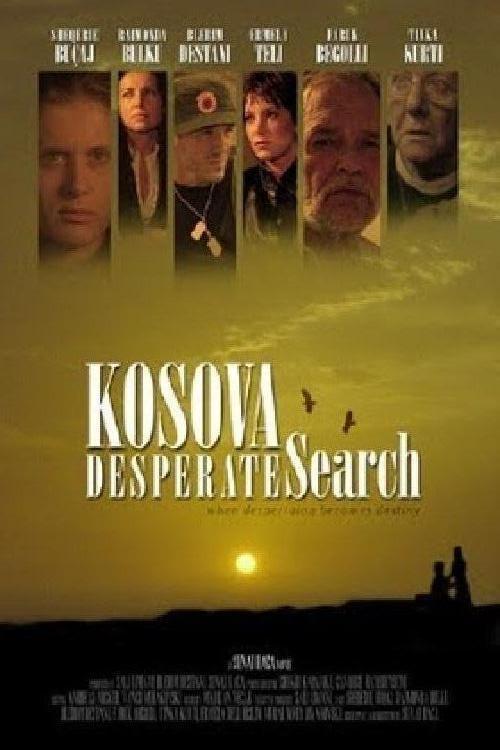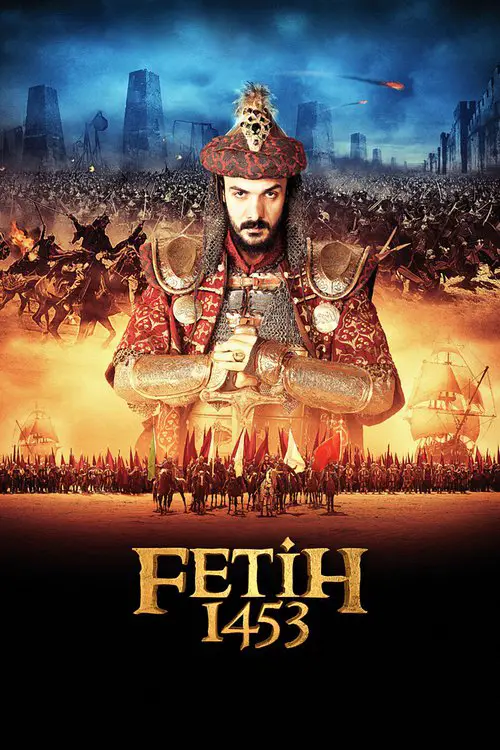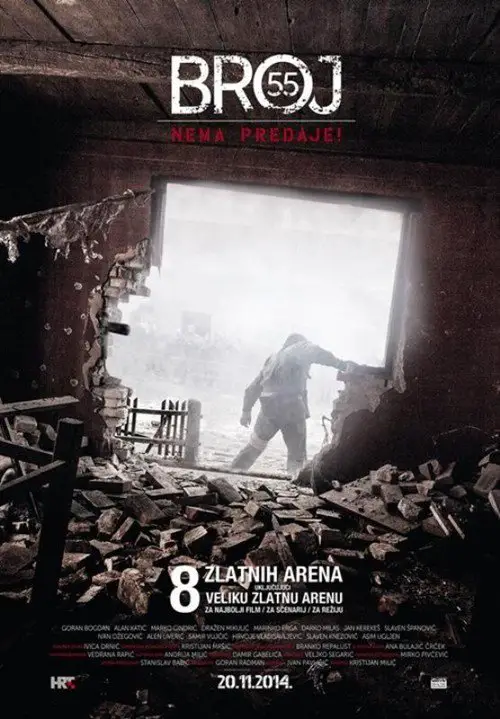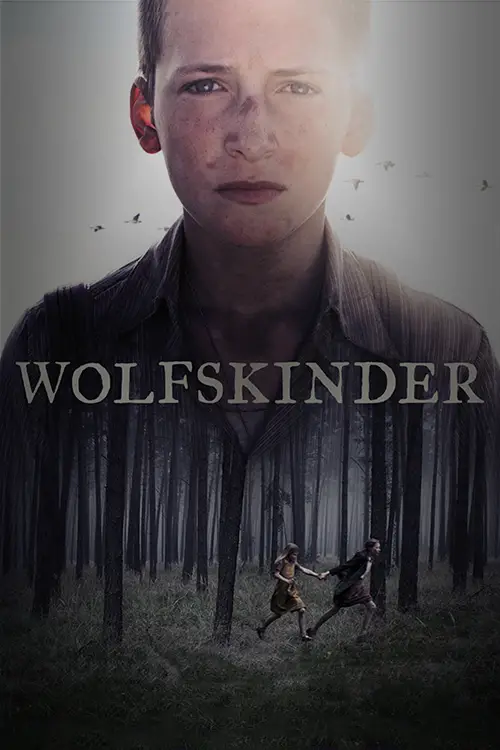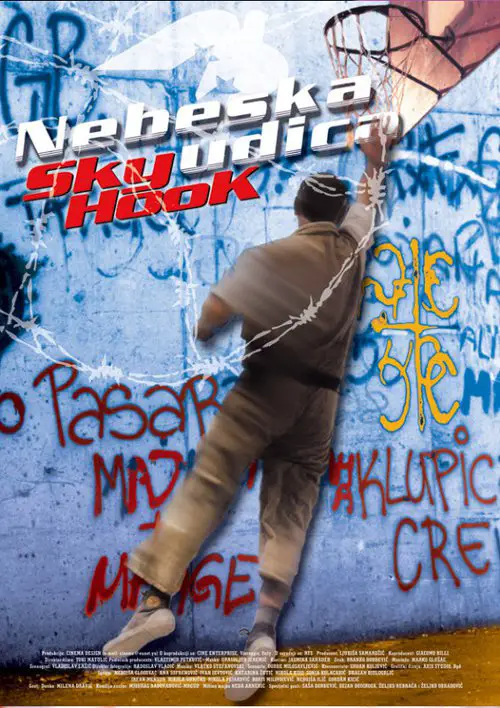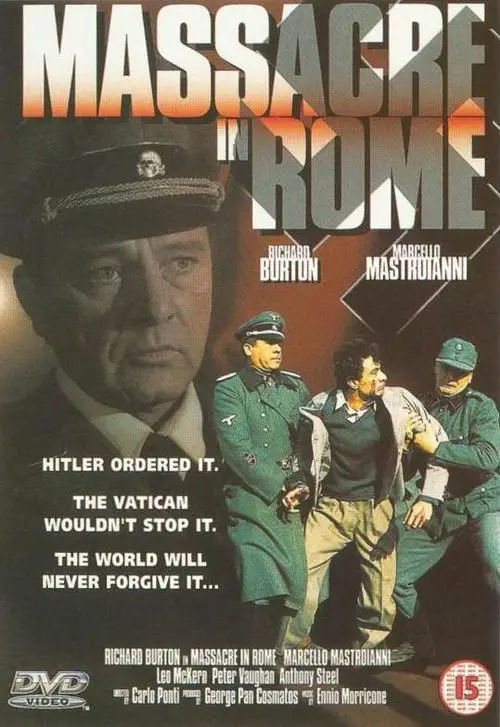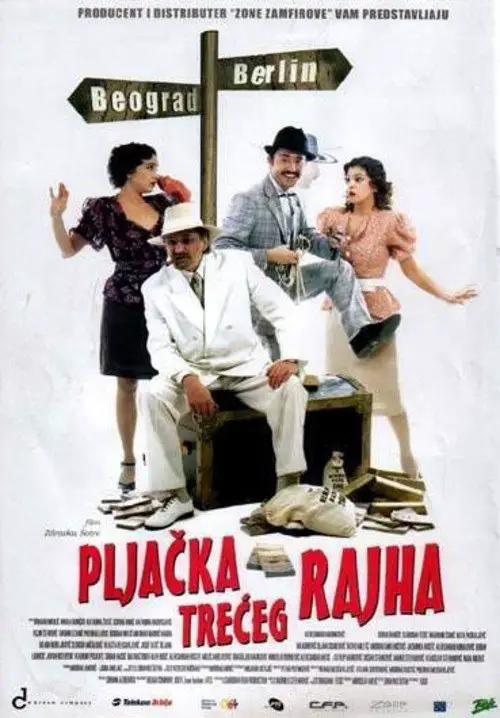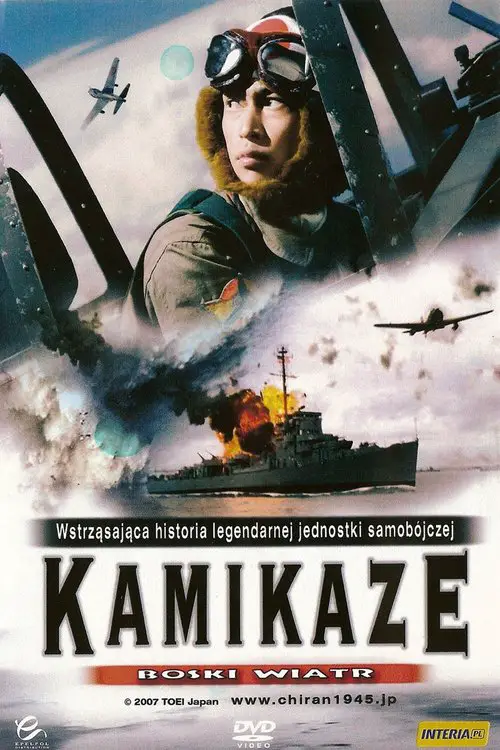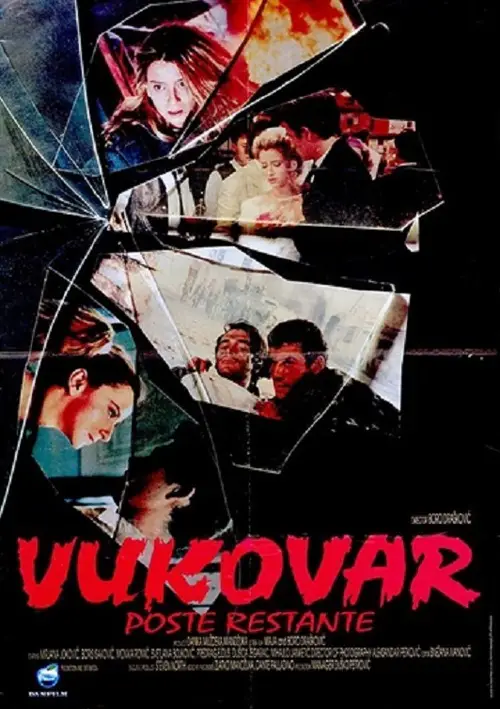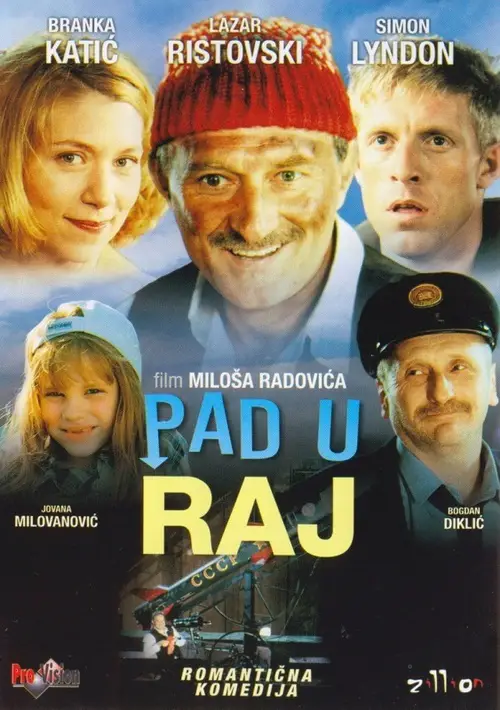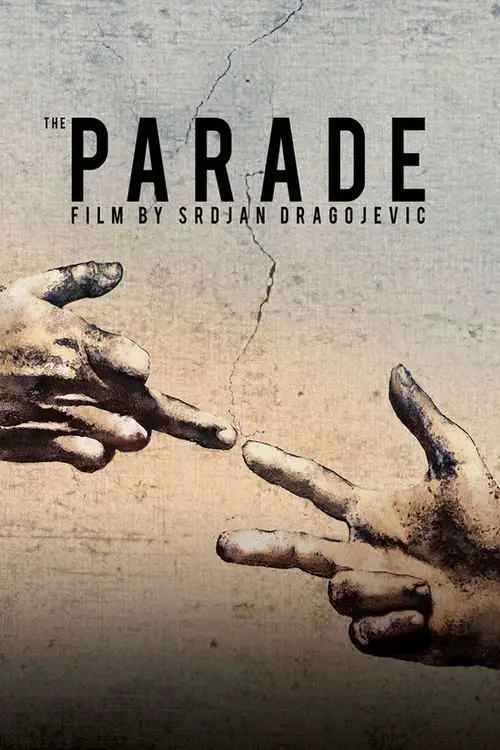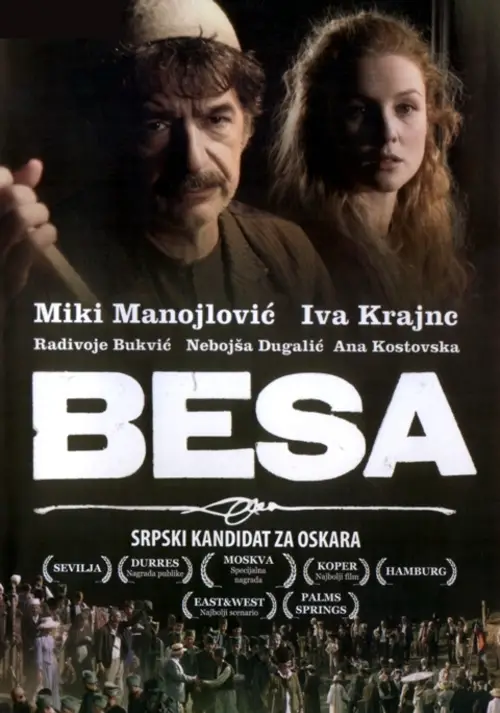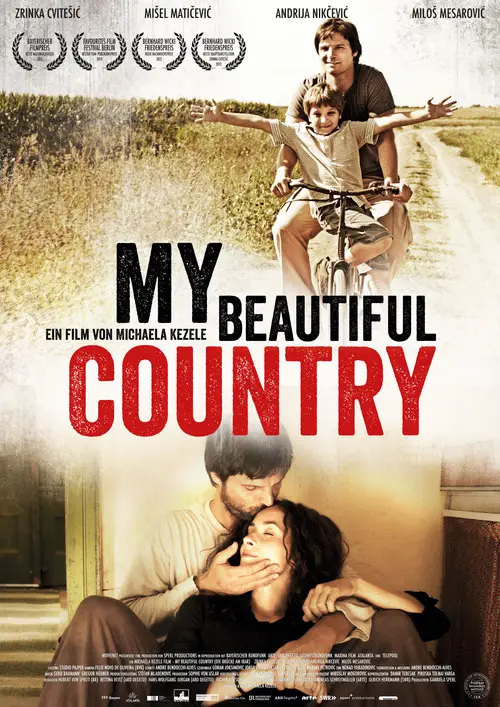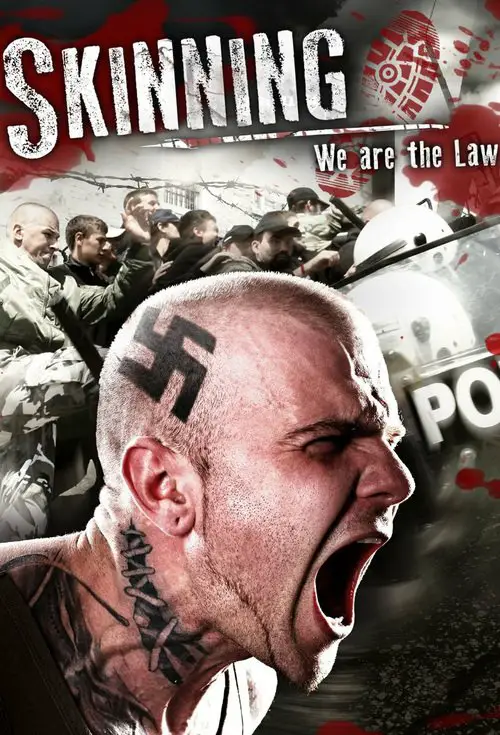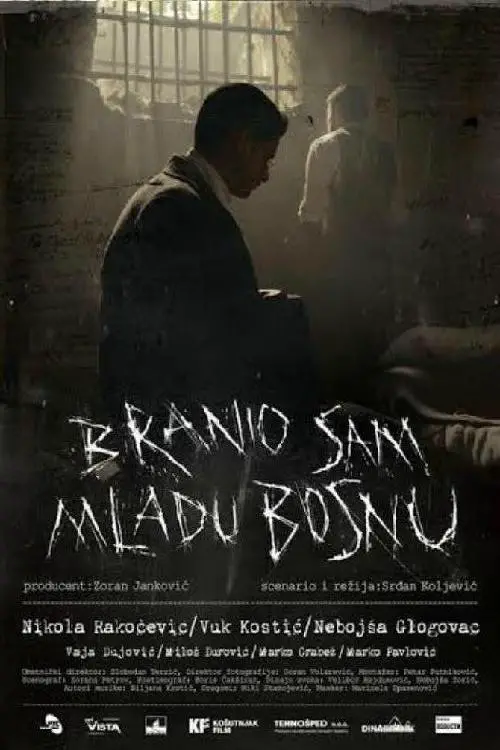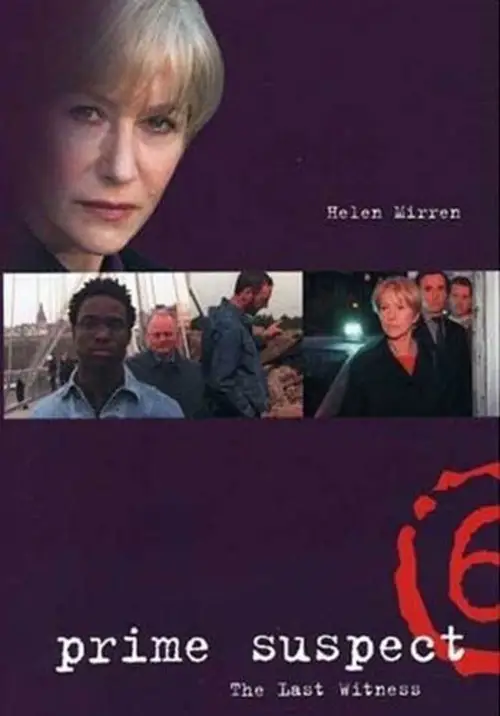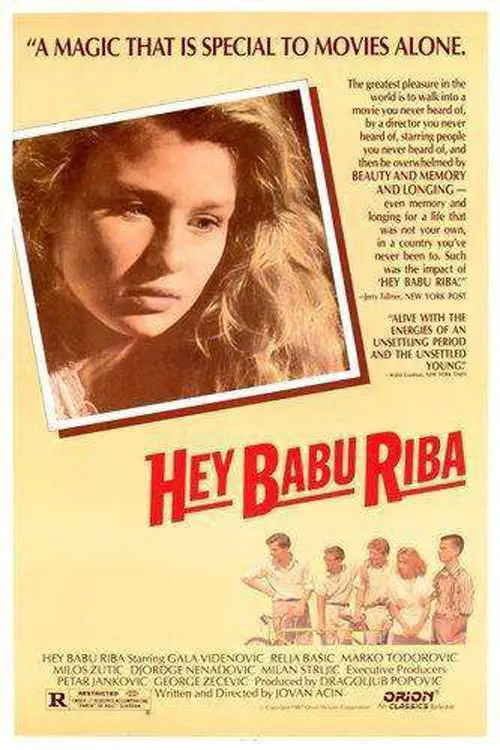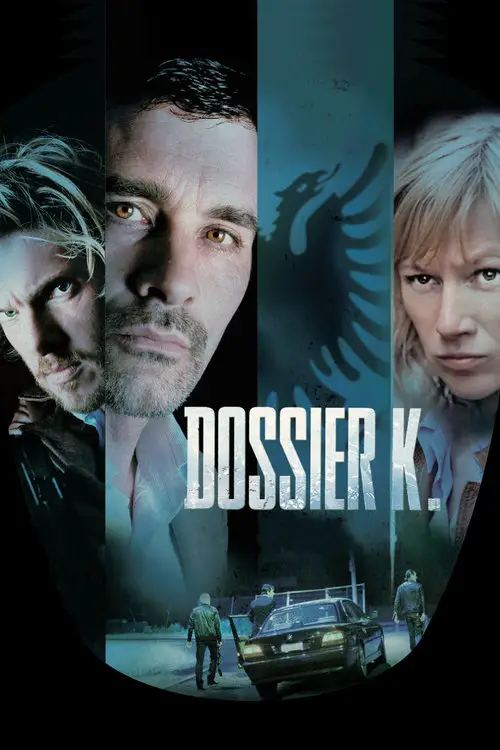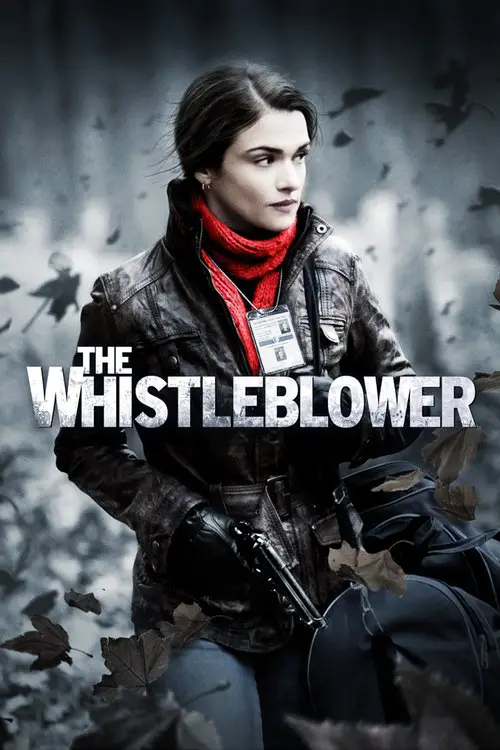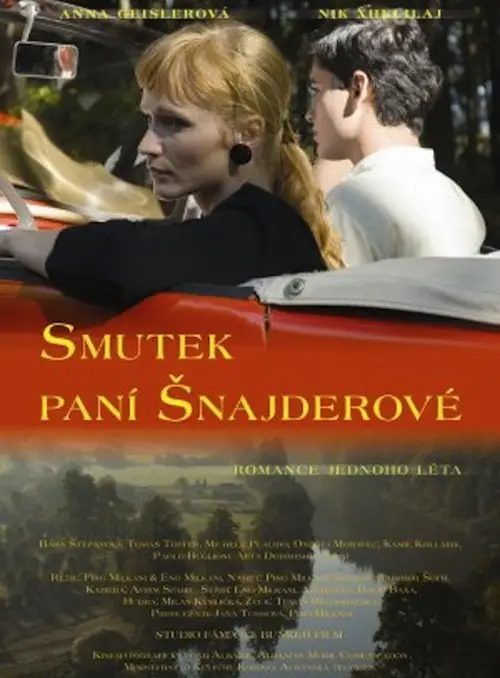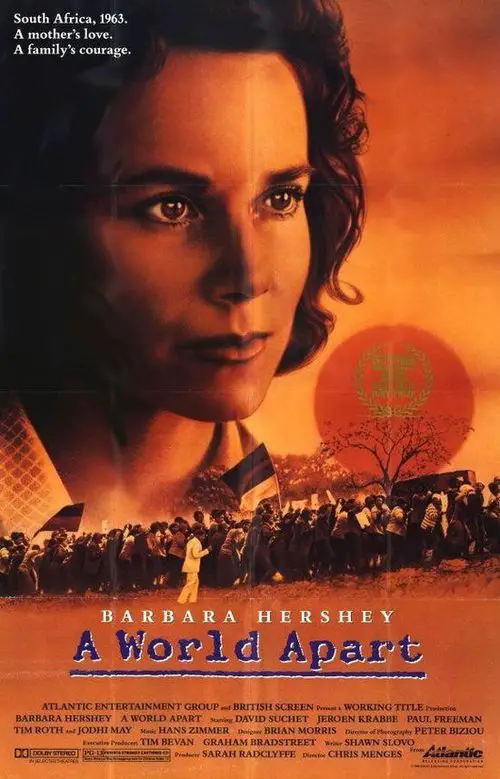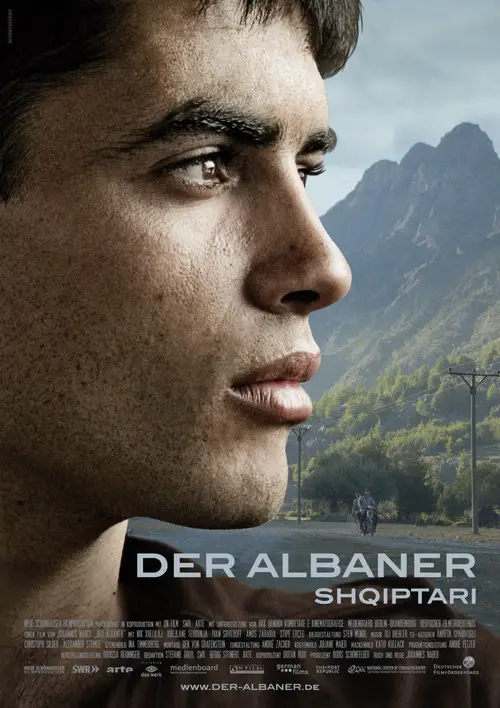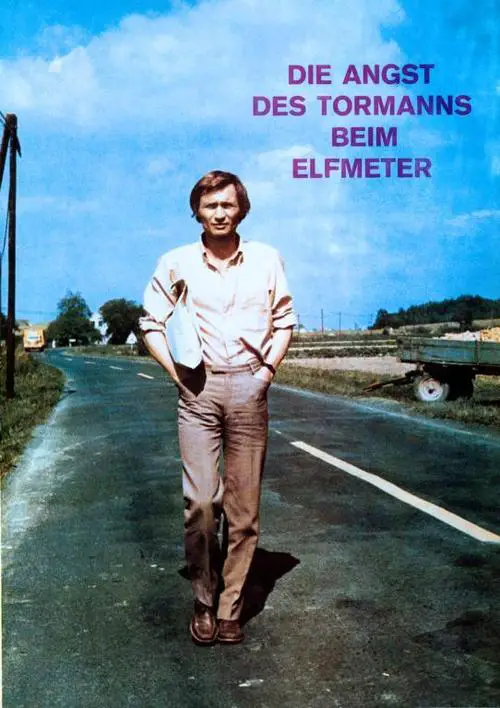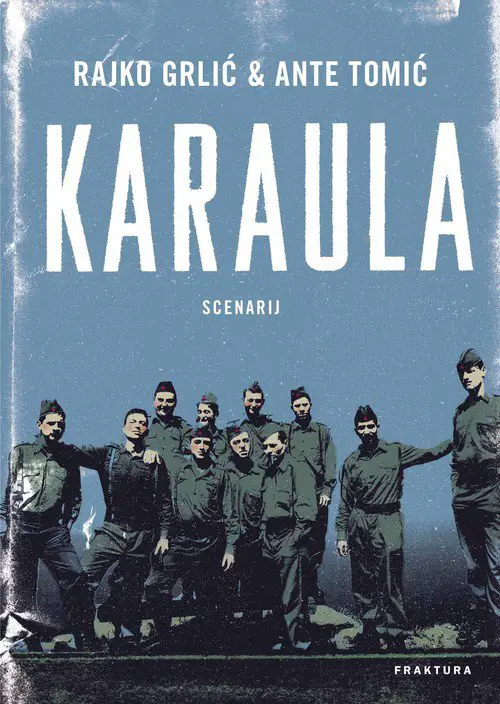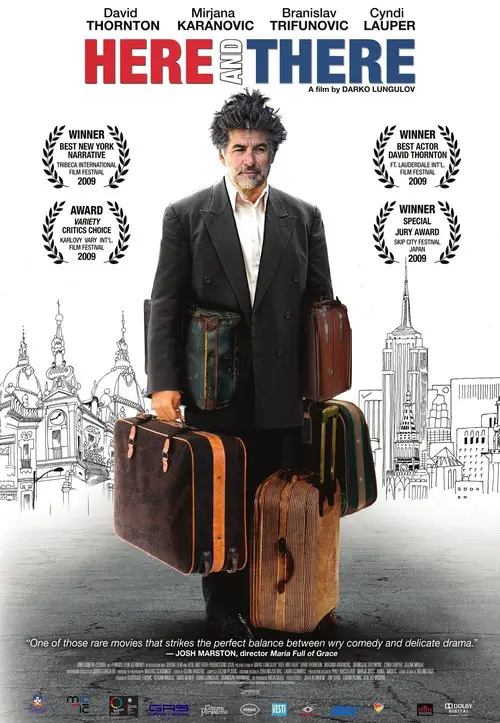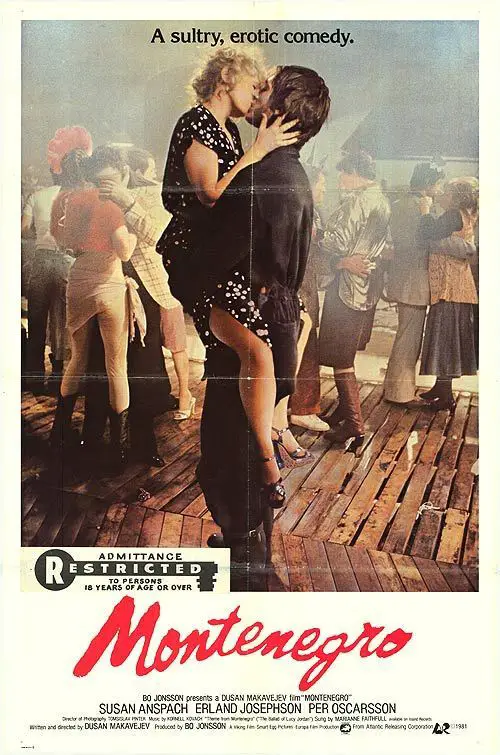Enclave (2015)
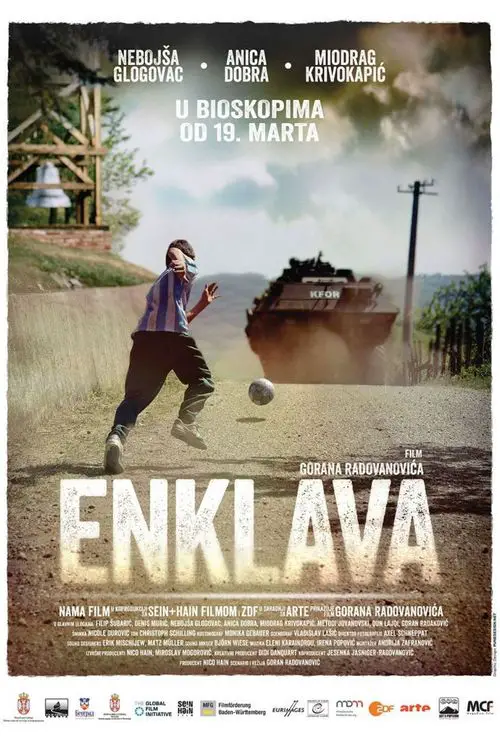
Similar movies
The circularity of violence seen in a story that circles on itself. In Macedonia, during war in Bosnia, Christians hunt an ethnic Albanian girl who may have murdered one of their own. A young monk who's taken a vow of silence offers her protection. In London, a photographic editor who's pregnant needs to talk it out with her estranged husband and chooses a toney restaurant.
Pretty Village, Pretty Flame (Serbian: Lepa sela lepo gore) is a 1996 Serbian film directed by Srdan Dragojevic that gave uniquely bleak yet darkly humorous account of the Bosnian War. It is considered a modern classic of Serbian cinema.[citation needed] Almost 800,000 people went to see the movie in cinemas across Serbia. This equates to approximately 8% of the total country's population at the time of the film's release. The plot, inspired by real life events that took place in the opening stages of the Bosnian War, tells a story about small group of Serbian soldiers trapped in a tunnel by a Muslim force. The film's screenplay is based on an article written by Vanja Bulic for Duga magazine about the actual event. Through flashbacks that describe the pre-war lives of each trapped soldier, the film describes life in former Yugoslavia and tries to give a view as to why former neighbours and friends turned on each other.
Circles (Serbian: Krugovi) is a Serbian movie based on the true story of a Serbian soldier who risked his life to protect a Muslim civilian during the war in Bosnia. During the war in Bosnia in 1993, a Serbian soldier pays for his life after protecting a Muslim civilian from being attacked by three other soldiers. 15 years later, the consequences of this act of heroism are still having their repercussions.
One Serbian army battery in the First World War, in forced march with no stopping and rest, arrives to Cer and, in decisive moment, enters the fight and throws off Austrian troops which penetrated into the country. This is not only the chronicle of Cer battle, but Serbian drama and drama of one nation who made impossible possible during the fight against the empire which wanted to take away their country. This drama is based on credible events and authentic documents.
Battle of Kosovo (Serbian: Boj na Kosovu) is a 1989 Yugoslav historical drama/war film filmed in Serbia. The film was based on the drama written by poet Ljubomir Simovic. It depicts the historical Battle of Kosovo between Medieval Serbia and the Ottoman Empire which took place on June 15 (according to the Julian calendar, June 28 by the Gregorian calendar) in a field about 5 kilometers northwest of Pristina.
St. George Slays the Dragon (Serbian: Sveti Georgije ubiva aždahu) is a Serbian World War I drama. The movie starts with Kingdom of Serbia battling the remaining Turkish occupiers during the First Balkan War in 1912 and ends with the outbreak of World War I in 1914. The movie's central theme is a love triangle between the village gendarme ÄorÄe, his wife Katarina and the young disabled war veteran Gavrilo who was previously engaged to Katarina before he went to war and lost his arm in battle. Even though Katarina in the meantime married ÄorÄe, she still has affection for Gavrilo. At the onset of World War I, all able-bodied men in the village are recruited for combat. Left in the village are only women, children and disabled veterans from previous Balkan wars. Rumours start circulating that the invalids in the village are trying to take advantage of the situation by making their moves on the women in the village â the wives and sisters of the recruited men.
While flying a routine reconnaissance mission over Bosnia, fighter pilot Chris Burnett photographs something he wasn't supposed to see and gets shot down behind enemy lines, where he must outrun an army led by a ruthless Serbian general. With time running out and a deadly tracker on his trail, Burnett's commanding officer decides to risk his career and launch a renegade rescue mission to save his life.
Set against the turbulent backdrop of London in the 1940s, this adaptation of Sarah Waters' bestselling novel, The Night Watch, follows four young Londoners inextricably linked by their wartime experiences. In a time when the barriers of sexual morality and social convention have been broken down, Kay, Helen, Viv and Duncan enjoy a freedom never experienced before. Moving back in time through the 1940s into the maelstrom of the Blitz, the lives, loves and losses of these four central characters are unravelled. For them, the post-war victory is bittersweet, for it returns them to the margins of society, from which they hoped they had been liberated. In order to build their future they must each make peace with their past.
March 15, 1939: Germany invades Czechoslovakia. Czech pilots flee to England, joining the RAF. After the war, back home, they are put in labor camps, suspected of anti-Communist ideas. This film cuts between a post-war camp where Franta is a prisoner and England during the war, where Franta is like a big brother to Karel, a very young pilot. On maneuvers, Karel crash lands by the rural home of Susan, an English woman whose husband is MIA. She spends one night with Karel, and he thinks he's found the love of his life. It's complicated by Susan's attraction to Franta. How will the three handle innocence, Eros, friendship, and the heat of battle? When war ends, what then
In the nineties the Yugoslavia Federation falls apart in bloody wars. Perpetual student Milan, a Serb from a patriarchal community and Kenan, a Muslim cellist, are a homosexual couple living in Sarajevo. Their lives, intimate and public, are shaken up by the aggression in Bosnia and Herzegovina, whose devastating consequences unfold in inter-ethnic hatred. Trapped in Sarajevo during the siege of the Serb forces, the lovers manage to flee to Milan's home village and there they take shelter, waiting for Milan's father, Ljubo, to find a way to the Netherlands. Witnessing the brutality of Serb forces and their hatred towards Muslims, Milan desperately improvises: he disguises Kenan as a woman and begins to present him as his wife, Milena, a secret discovered by Milan's best friend, Lunja. Milan is drafted into the army and the situation becomes almost unbearable for Kenan. His one companion, is Ranka, a waitress in a local café, a woman whose dark secrets terrify most of the villagers ...
Set amid the atrocities of war in the Balkans, Witnesses is retold, Rashomon-style, from various characters' viewpoints, adding new information about the complexity of war and humanity. Beginning inside a rustic house with a woman in black (Mirjana Karanovic) standing beside her husband's coffin, Witnesses interweaves the stories of a small town confronting ethnic hatred and deep moral ambiguities.
A young American soldier, with an honorable discharge, returns home from World War II to his bride, whom he married after a short courtship and has not seen for several years. The two come together with many questions, trials and tribulations in trying to preserve their marriage in the post-war years.
Polish historical drama written and directed by Konrad Lecki. Set in the 1940s, the film follows a small band of underground paramilitaries as they attempt to fight back against the Soviet-backed security ministry in post-war Poland. Determined to fight for their country's future, the group go to extreme lengths to make their voice heard. The cast includes Wojciech Niemczyk, Marcin Kwasny, Robert Wrzosek and Janusz Chabior.
Silent Gunpowder (Serbo-Croatian: Gluvi barut) is a Yugoslavian war film Based on a novel by Branko ÄopiÄ and set during World War II, the film tells the story of a Serbian village in the mountains of Bosnia and its villagers who found themselves divided along two opposing ideological lines, represented by the Chetniks and the Partisans. These two opposing sides are personified in the Partisan commander Å panac and a former Royal Army officer RadekiÄ. Å panac sees RadekiÄ as the cause of villagers' resistance to the new, Communist, ideology and so the main plot axis is the conflict between them. At the 1990 Pula Film Festival, the film won the Big Golden Arena for Best Film, as well as the awards for Best Actor in a Leading Role (Branislav LeÄiÄ), Best Film Score (Goran BregoviÄ). The film was also shown at the 1991 Moscow International Film Festival, where both Branislav LeÄiÄ and Mustafa NadareviÄ won the Silver St. George Award for their performances.
A harsh dose of cinematic realism about a harsh time-the Bosnian War of the 1990s-Juanita Wilson's drama is taken from true stories revealed during the International Criminal Tribunal in The Hague. Samira is a modern schoolteacher in Sarajevo who takes a job in a small country village just as the war is beginning to ramp up. When Serbian soldiers overrun the village, shoot the men and keep the women as laborers (the older ones) and sex objects (the younger ones), Samira is subjected to the basest form of treatment imaginable
The film "Kosova: Desperate Search" recounts the repercussions and effects of the Kosovar war on the Albanian population. Ethnic cleansings and other atrocities mentally and physically destroyed the people. The entwined destinies of individual persons and families from various geographic regions and social classes are the basis of a closely interconnected storyline. Families are not only looking for their missing children, but also for new hope and perspectives.
In the autumn of 1991, a small group of Croatian soldiers go on patrol in an improvised armored vehicle. Soon after that they would get ambushed and their vehicle would get destroyed, in that situation they were forced to hide in a nearby house. Whilst stationed in that house they would get attacked by rebel Serbs, Serbian Special Forces and the JNA (Yugoslav People's Army, also reffered to as Yugoslavian National Army). Their resistance to the attackers would last 24 hours whilst their fellow combatants would attempt to try and get them out of there. The movie and story is based on true events which happened during the Croatian War of Independence.
American soldiers of the 2/3 Field Artillery, a group known as the "Gunners," tell of their experiences in Baghdad during the Iraq War. Holed up in a bombed out pleasure palace built by Sadaam Hussein, the soldiers endured hostile situations some four months after President George W. Bush declared the end of major combat operations in the country.
In 1943, as Japan's WWII effort falters, a vice-admiral proposes training squadrons of "volunteer" flyers to crash their armed planes into Allied warships. Yarn follows the lives of kamikaze pilots, as remembered by an aging Kyushu restaurateur who cherishes their memory. Honoring the dead and multiple military anthems may stir the soul of some Japanese, but elsewhere auds will make a one-way trip for exits. Battle scenes are well-executed and script delivers some memorable scenes, but overall competent helming and thesping are powerless over writer-cum-Tokyo governor Shintaro Ishiara's repetitive storytelling. A post-war postscript adds considerable length to an already over-extended narrative. Tech credits are good quality.
Falling to the Paradise (Serbian: Pad u Raj) is a story about a bizarre madman Serbian, which is shoot down "avax" satelite from the roof of his house - because he allegedly annoyed that his sister poses a hostile aircraft pilots. He kidnaps the pilot and do not know what to do with it. Pilot tries to escape in different ways, but fails. At the end of the story, the pilot is saved and all have a happy ending.
The Parade, in a tragicomic way, tells the story about ongoing battle between two worlds in contemporary post-war Serbian society - the traditional, oppressive, homophobic majority and a liberal, modern and open-minded minority... The film, which deals with gay rights issues in Serbia, features footage of the 2010 Belgrade gay pride parade. The film introduces a group of gay activists, trying to organize a pride parade in Belgrade
Besa is a Serbian film from 2009. year, made in co-production with several other countries. At the beginning of the World War I, Filip, a Serbian school director in the Serbian province, has been asked to immediately go to Belgrade to get war schedule. His wife Lea, Slovene, with no one to leave because the two of them recently arrived in the small town and no one really knows them. Azem, an Albanian, school attendance, gives Filip a promise (Besa) to watch the Lea and that nothing will happen. Lea and Azem, are forced to live together in an abandoned school. Their relationship changes during the time..
Novica is a mathematics champion in a Belgrade high school. In an attempt to overcome the âgeekâ status at school, Novica becomes attracted to the world of skinheads by his school friend Relja. Novica is exposed to violence, hooliganism and racism; embracing the ideology and climbing up the ladder in the gang hierarchy.
In America it frequently shows under the title Hey Babu Riba. In 1985, four middle-aged Yugoslav emigres return to Belgrade for the funeral of Mariana, their beautiful compatriot. They called her Esther, for Esther Williams, she was the coxswain for their four-man rowing team, and they each loved her. They'd last seen her in 1953, when they rowed her across the Adriatic, pregnant, to join her exiled father in Italy. In flashbacks we learn the story of their youthful baptism into sex, smoking, rock and roll (Hey Ba-ba-re-bop), Hollywood and Swedish films, blue jeans on the black market, and their rivalry with Ristic, the Communist Party youth leader for whom they had instant antipathy.
Life is a Miracle (Serbian: Život je Äudo) is a Serbian drama film. It was entered into the 2004 Cannes Film Festival. Luka has moved to Bosnia from Belgrade with his mentally unstable wife and his football-playing son, MiloÅ¡, to run a railway station and act as caretaker. Utterly engrossed in his work and blinded by natural optimism, Luka remains deaf to the increasingly persistent rumblings of war, which has broken out in Croatia and threatens to spread. When the conflict explodes, MiloÅ¡ is denied his place on the football field when he must join the Serbian army, and his wife disappears on the arm of a Hungarian musician. Eventually, he receives news that MiloÅ¡ has been taken prisoner of war. Luka considers suicide, but a profiteering acquaintance presents him with Sabaha, a Bosnian Muslim whom he has taken hostage. Luka intends to exchange Sabaha for MiloÅ¡, but the two fall in love after they are forced to flee deeper into Serb-controlled territory...
In the post-war Gion district of Kyoto, the geisha Miyoharu agrees to apprentice the 16 year-old Eiko, whose mother was a former geisha who had just died. After a year of training they have to find a large sum of money before Eiko can debut. Miyoharu borrows the money from the tea-house owner, Okimi, who in turn obtains the money from the businessman Kusuda. Kusuda fancies Eiko himself and wants to give Miyoharu to Kanzaki in order to close a large business deal. However both geishas have minds of their own and, going against tradition, want to be able to say no to clients. Written by Will Gilbert
Based on the experiences of Nebraska cop Kathryn Bolkovac (Rachel Weisz) who discovers a deadly sex trafficking ring while serving as a U.N. peacekeeper in post-war Bosnia. Risking her own life to save the lives of others, she uncovers an international conspiracy that is determined to stop her, no matter the cost.
It is 1961 and an Albanian student (Nik Xhelilaj) of the Academy of Performing Arts in Prague, together with a group of Czech students, is shooting his graduate movie on a motorcycle factory, in the small market-town of Äeský Å ternberk, in then Czechoslovakia. Coming from a country that is completely isolated from the rest of Europe, he is fascinated by the lifestyle, society and "erotic exuberance" of the Czech golden youth, yet feeling strong links with his family in his homeland. He falls in love with a married woman (Anna Geislerová), the wife of a police superintendent (Paolo Buglioni) and is insecure about his future.
A White enclave in Johannesburg, South Africa, in the 1960s. Molly Roth, 13 years old, is the daughter of leftist parents, and she must piece together what's happening around her when her father disappears one night, barely evading arrest, and, not long after, her mother is detained by the authorities. Some of Molly's White friends turn against her, and her family's friendships with Blacks take on new meaning. Relationships are fragile in the world of apartheid. How will she manage?
Handsome Albanian villager Arben (the appealing Nik Xhelilaj, who looks set for a big international career) wants to marry Etleva, daughter of a neighboring clan, but her father has promised her to another man who is offering a 10,000 Euros bride price. But when it turns out Etleva is carrying Arben's child, the pressure is on for him to come up with the dowry before the baby is born -- and before her brothers take revenge for the dishonor he has brought their family. Fleeing to Berlin without papers, experience or knowledge of the language, Arben soon learns the ways of survival.
The Goalie's Anxiety at the Penalty Kick is a 1972 German language drama film directed by Wim Wenders. It was adapted from a novella by Wenders' long-time collaborator Peter Handke. A goalkeeper is sent off during a game for committing a foul. He spends the night with a cinema cashier, whom he afterwards kills. Although a type of detective film, it is more slow moving and contemplative than other films of the genre. It explores the monotony of the murderer's existence and, like many of Wenders' films, the overwhelming cultural influence of America in post-war West Germany.
At a small border-post on the Yugoslav-Albanian border, yet another generation of soldiers suffering the usual amount of boredom awaits the end of their service, counting days to the moment when they should take their uniforms off for good. It is the spring of 1987 and the thought never even crosses their mind that they would, in fact, put them back on quite soon and go to war.
Both a critique of union practices and an examination of life in a working-class Rust Belt enclave, the film concerns a trio of Detroit auto workers: Zeke Brown (Pryor), Jerry Bartowski (Keitel), and Smokey James (Kotto). Fed up with mistreatment at the hands of both management and union brass, and coupled with financial hardships on each man's end, the trio hatch a plan to rob a safe at union headquarters. They commit the caper, but find only a few scant bills in the union safe. More importantly, they also come away with a ledger, evidence of the union's illegal loan-lending operation and ties to organized crime syndicates. They attempt to blackmail the union with the information, but the union retaliates strongly and begins to turn the tables on the three friends. Meanwhile, a federal agent attempts to coerce Jerry into informing on the union's corruption which could make him enemies with his co-workers as well as the union bosses.
Here and There (Serbian: Tamo i ovde) is a Serbian film which was premiered at the Belgrade Film Festival FEST 2009. Here and There follows two interconnected stories on two different continents. Robert (Thornton), a depressed New Yorker, tries to make quick cash and ends up in Serbia, where instead of money he finds his soul. At the same time, a young Serbian immigrant, Branko (TrifunoviÄ), struggles in an unforgiving New York, desperately trying to bring his girlfriend from Serbia to the United States. Mirijana KaranoviÄ plays Branko's mother.
Marilyn Jordan, an American, lives in Stockholm with her Swedish husband and family. Her behavior is bizarre, perhaps mad: she poisons the dog's milk and advises the dog not to drink it; she sets the sheets afire as her husband sleeps; she crawls under the dining table to sing. While detained at airport customs for carrying pruning shears, she meets a young Yugoslav woman and goes with her to a Gypsy enclave where she's fought over, takes a lover, helps with the sordid entertainment at a bar, and returns home more dangerous than before. The film also tells parallel stories of Marilyn's daughter becoming a junior homemaker as the young immigrant practices her striptease.
© Valossa 2015–2026
| Privacy Policy


